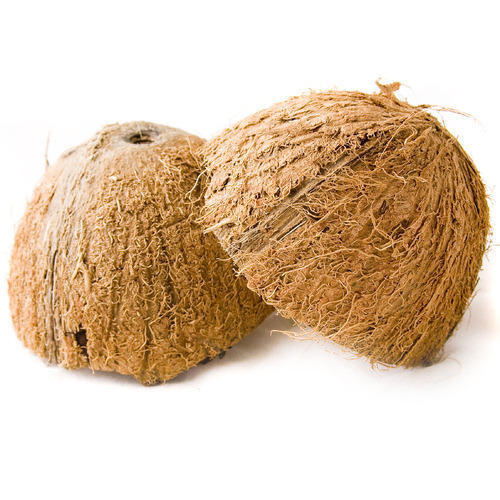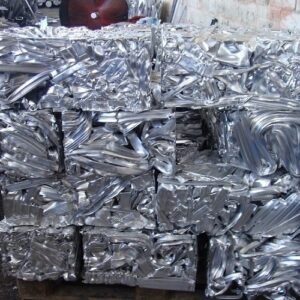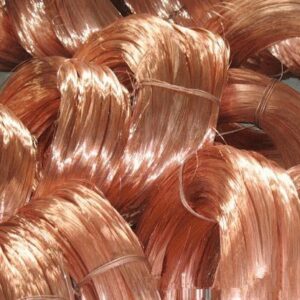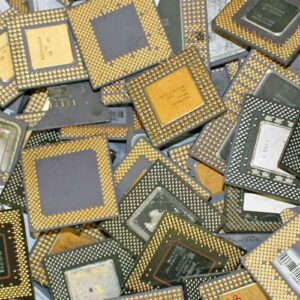Coconut Shell Scrap refers to the discarded or surplus shells of coconuts after the edible part has been removed. Coconut shells are hard, fibrous, and durable materials that have various uses, both in traditional and industrial applications. Recycling coconut shell scrap can lead to valuable products and contribute to sustainable practices.
Key Features and Specifications:
- Composition:
- Material: Coconut shells are primarily composed of lignin and cellulose, making them dense and strong. The outer shell is hard, while the inner part is fibrous.
- Nutritional Residues: After the coconut meat and water are extracted, remnants of coconut oil, sugars, and other nutrients may still be present in the scrap.
- Sources of Coconut Shell Scrap:
- Food Production: Scrap is generated during the processing of coconuts for food and beverages, including coconut milk, oil, and shredded coconut.
- Coconut Farms: Residual shells collected from coconut farms after harvesting mature coconuts.
- Recycling and Uses:
- Activated Charcoal: One of the most popular uses of coconut shell scrap is in the production of activated carbon. The shells are carbonized and treated to create a porous material that is highly effective for filtration and purification applications.
- Biomass Fuel: Coconut shells can be used as a biomass fuel source for energy production, providing a renewable energy option.
- Coconut Shell Products: Shells can be crafted into various products, including bowls, utensils, coasters, and decorative items.
- Horticulture: Ground coconut shells are used as a growing medium for plants, providing aeration and moisture retention in potting mixes.
- Animal Bedding: Processed coconut shells can serve as bedding for animals due to their absorbent nature.
- Environmental Impact:
- Waste Reduction: Recycling coconut shells reduces agricultural waste and minimizes environmental impact by diverting organic materials from landfills.
- Sustainable Resource: Utilizing coconut shell scrap supports sustainable practices and promotes the circular economy by turning waste into valuable products.
- Market Considerations:
- Demand for Activated Carbon: The market for activated carbon derived from coconut shells is growing due to its applications in water treatment, air purification, and industrial processes.
- Craft Market: Handmade coconut shell products are increasingly popular in markets focused on sustainable and eco-friendly goods.
- Safety and Handling:
- Dust Control: When processing coconut shells, it’s essential to manage dust generation, especially if the shells are ground into fine particles, to prevent respiratory issues.
- Proper Disposal: Disposing of coconut shell scrap through certified recycling channels ensures that materials are processed safely and sustainably.
Conclusion:
Coconut Shell Scrap presents numerous opportunities for recycling and sustainable use. By repurposing coconut shells into valuable products, businesses and communities can contribute to environmental conservation while capitalizing on the economic potential of these natural resources. The versatility of coconut shells, coupled with their environmental benefits, makes them an important material in various industries.




Reviews
There are no reviews yet.